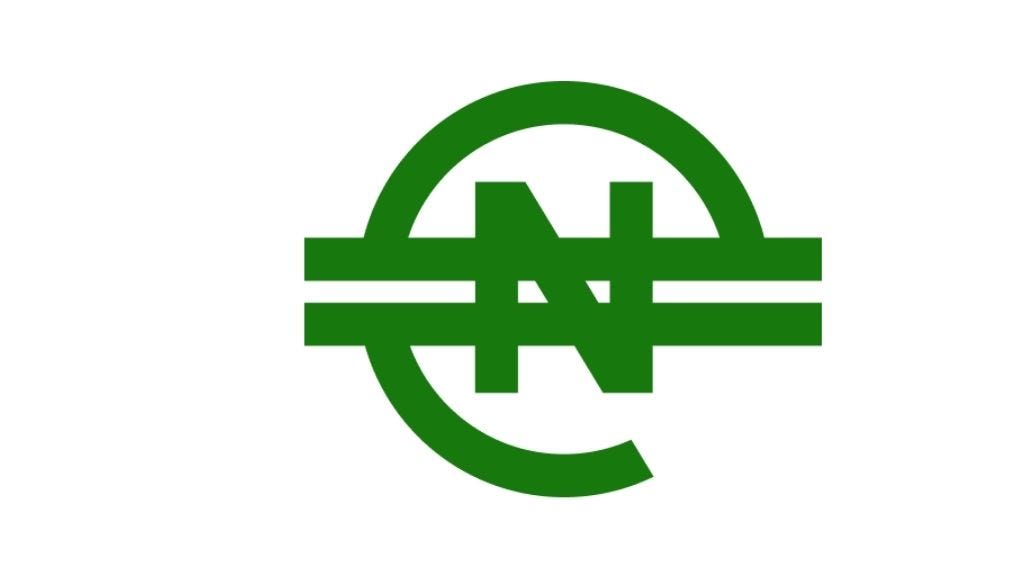
For a moment I thought; “that move by El Salvador was supposed to trigger an era of national cryptocurrency adoption”. Well, it was actually too early to say that. National governments will have a very hard time accepting cryptocurrency in its normal form. ‘Impossible’ is a rare term, but if anything comes close, this is one of them. It will take a very long time before this becomes the case…if possible.
While El Salvador prepares to move their bitcoin gains into the nation’s education sector, most other countries are yet to take a definite stand on bitcoin and cryptocurrency. The People’s republic of China continues its ban on bitcoin and crackdown on crypto-related activities while the Federal Republic of Nigeria has officially launched its Central Bank Digital Currency — the E-Naira.
Hey, before going further, have you Followed us on Twitter?

Same Naira, more possibilities…the E-Naira has been received with mixed reactions from the Nigerians as the majority consider it ‘useless’; an assertion I disagree with. In comparison, the development in Nigeria is healthier for cryptocurrency and blockchain technology. China’s controversial stand on bitcoin and cryptocurrency continues to worsen. The crypto ecosystem will have to learn to steer ahead without the communist nation.
Despite detesting the idea of a decentralized form of money controlled by the people and essentially resisting the influence of a centralized government, China is rumored to be testing out its own CBDC — the digital Yuan. Nigeria’s close neighbor and fellow west African country — Ghana is also working on releasing a digitized form of her national currency. China’s effort on the digital Yuan and a nationally owned blockchain isn’t a rumor anymore.
One thing is common about these countries — little tolerance for proper cryptocurrencies.
Very logically, a centralized government will expectedly detest decentralized concepts. The world government structure is centralized. The presence of a central body of authority controlling the affairs of the people is the original idea of the government; this concept is also expected to be the main feature of a government-owned ‘cryptocurrency’.

With government-backed cryptocurrencies; it is impossible to ‘be your own bank’. Core financial activities will still require the involvement of a third party and the government retaining its veto power on activities related to this currency. From what we have seen in recent prototypes, this is exactly what CBDCs are and the government is absolutely loving it!
As far as the adoption of blockchain as a superior financial technology goes, CBDCs are a huge breakthrough. It delights the government; not only does it equip them with an easier way to manage financial activities, but it also preserves their central power and keeps them above the people…something not obtainable with proper cryptocurrencies.
It’s obvious that the government loves everything about cryptocurrencies and blockchain technology except for one thing — censorship resistance. CBDCs are in fact perfect; for them.
We are seeing national governments partner with blockchain firms to launch their CBDCs on their blockchains. Fantom blockchain is reportedly working with a number of reputable banks and governments to develop CBDCs, Algorand is also rumored to be taking a similar path. The idea of a central bank digital currency resonates well with governments and is set to be the next wave of blockchain adoption. On the other hand, proper cryptocurrencies will unarguably continue to face even sterner regulations.
There is no ads to display, Please add some




